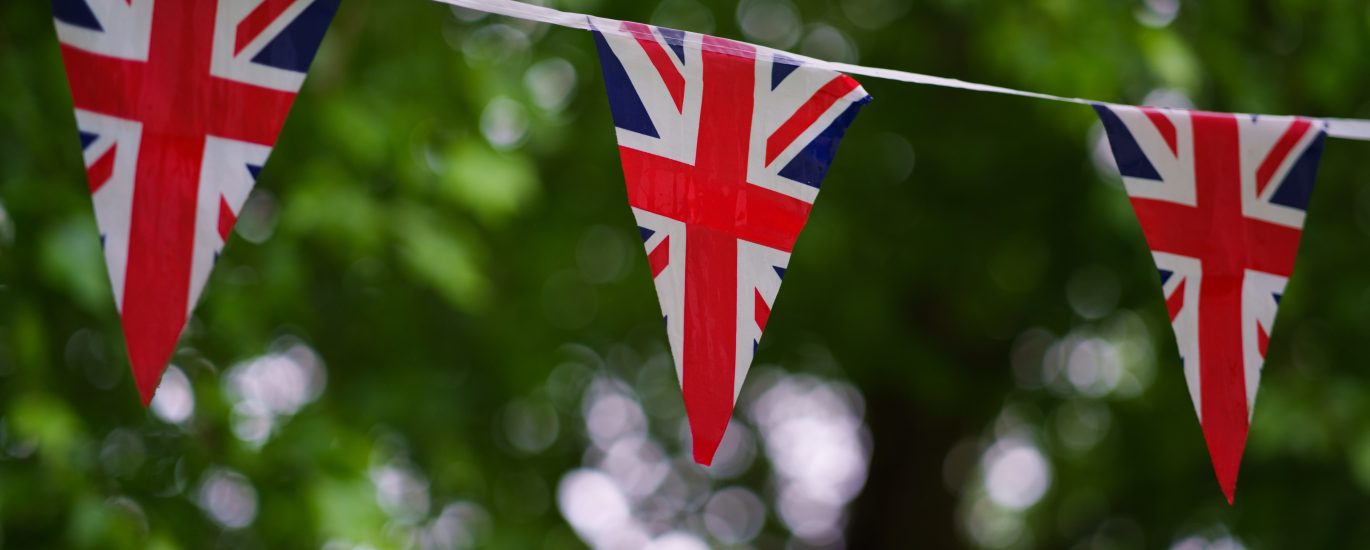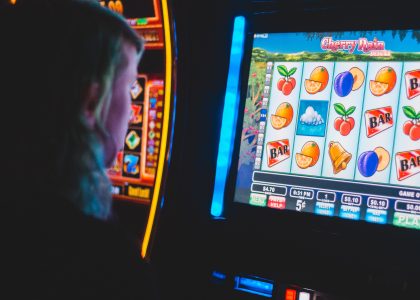In the United Kingdom, gambling is generally legal and regulated. However, there are certain circumstances and activities that could be considered illegal or criminal. This article provides an overview of the legality of gambling in the UK and offers examples to help clarify the topic.
Legal Gambling in the UK
The UK has a comprehensive legal framework for gambling, overseen by the Gambling Commission. The following forms of gambling are legal when conducted by licensed operators:
- Casino games (online and offline)
- Sports betting (including horse racing and greyhound racing)
- Bingo
- Lotteries
- Poker
- Slot machines
Illegal Gambling Activities
Despite the general legality of gambling in the UK, there are specific activities and circumstances that are considered illegal or criminal. Some examples include:
- Unlicensed gambling: Operating a gambling business without the necessary licences is illegal and can result in fines or imprisonment.
- Cheating: Cheating at gambling, such as using a prohibited device, tampering with games, or rigging bets, is a criminal offence.
- Underage gambling: Allowing individuals under 18 years of age to gamble or participate in gambling activities is illegal.
- Match-fixing: Manipulating the outcome of a sports event or game for financial gain is illegal and can lead to criminal charges.
Examples of Legal and Illegal Gambling Activities
The following table provides examples of legal and illegal gambling activities:
| Activity | Legal/Illegal | Explanation |
| Betting at a licensed bookmaker | Legal | Betting at a licensed bookmaker, either online or offline, is legal in the UK. |
| Playing at an unlicensed online casino | Illegal | Playing at an online casino that does not hold a valid UK licence is illegal and can result in fines or prosecution. |
| Using a betting system to gain an edge | Legal | Using a betting system or strategy to gain an advantage over the bookmaker is legal, as long as it does not involve cheating or breaking any rules. |
| Card counting at a blackjack table | Legal* | Card counting is not illegal under UK law, but casinos reserve the right to refuse service or ask card counters to leave if they suspect such activity. |
| Rigging a roulette wheel | Illegal | Tampering with a roulette wheel or any other gambling equipment to influence the outcome is illegal and can result in criminal charges. |
| Participating in a private poker game | Legal** | Private poker games are legal as long as they meet specific conditions, such as not taking a rake or charging an entrance fee and ensuring minors do not participate. |
*Note: While card counting is not illegal, it is often frowned upon by casinos and may result in being banned from the establishment. **Note: Private poker games must adhere to the conditions outlined in the Gambling Act 2005 to remain legal.
Conclusion
Gambling in the UK is generally legal and regulated, with various forms of gambling allowed when conducted by licensed operators. However, certain activities and circumstances are considered illegal, such as unlicensed gambling, cheating, and underage gambling. Understanding the difference between legal and illegal gambling activities is essential to ensure compliance with UK law and to enjoy a safe and enjoyable gambling experience.





